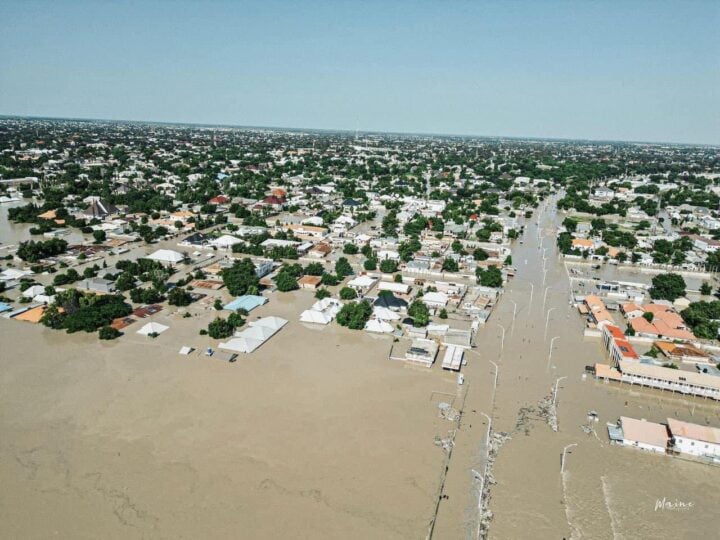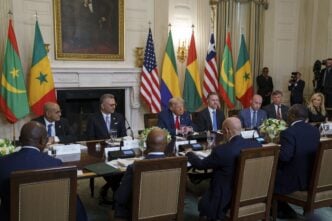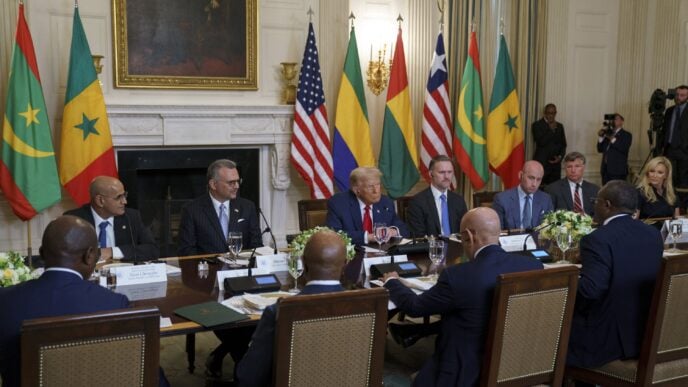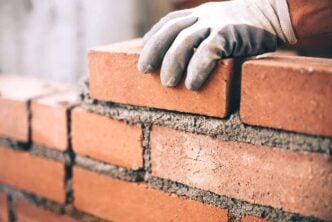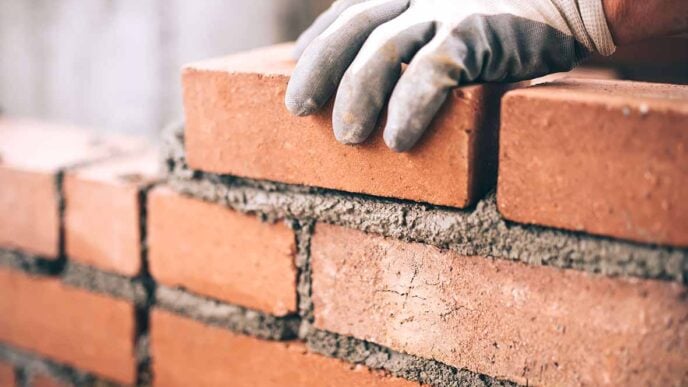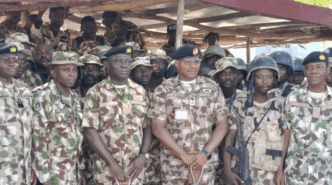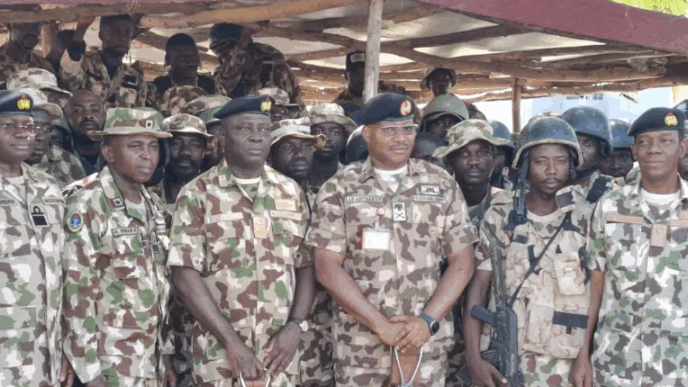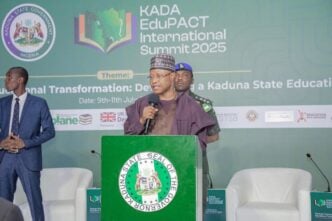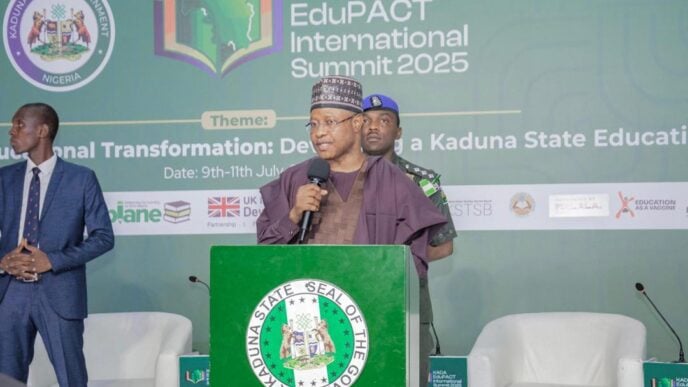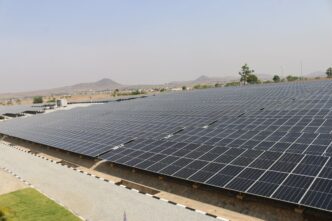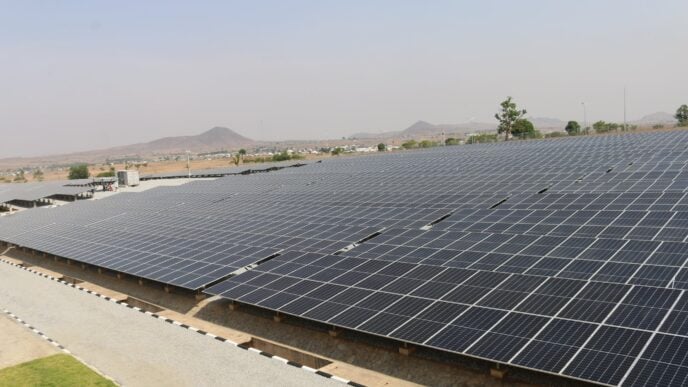BY LEKAN OLAYIWOLA
In Nigeria, the rainy season doesn’t merely bring water—it brings memory. Memory of homes lost, of schoolbooks drifting in floodwaters, of children gone too soon, of crops buried under silt and silence. It awakens the pain of families huddled in overcrowded shelters, of mothers sweeping mud from rooms that no longer feel like home. And of a state that shows up too late, or not at all.
The 2025 floods are not just another annual disaster. They are a collapse of governance, a silence in budgeting, and a failure of moral responsibility. Over 1,249 communities across 176 LGAs in 30 states are at high flood risk this year. Yet, despite ₦620 billion in ecological funds disbursed since 2012, the reality on the ground is heartbreakingly familiar: flooding is predictable—what remains unprepared is the government.
Who Budgets for the Broken?
Advertisement
Using an Empathy Density lens to measure how state budgets reflect not only costs, but care, we asked: Who budgets for the broken? Who sees flood-prone communities not just as numbers but as people needing restoration?
Our findings are sobering. Bayelsa, despite devastating ₦80 billion in losses during the 2022 floods, continues to struggle with empathy-poor responses. Benue’s extensive rice farm damage—₦11.5 billion in value—elicits little budgetary compassion. In Kogi, where two million people were displaced in 2024 alone, the state’s emphasis remains on infrastructure, not healing. Niger, too, where 3,000 people were displaced in Mokwa, lacks any sign of intentional trauma response or long-term rehabilitation.
Some states, however, shine through the gloom. Lagos actively invests in drain clearing and flood management, though much of it is skewed toward elite districts. Yet even so, its relatively high empathy density score suggests a more responsive, if uneven, approach. Ondo, with far fewer resources, still manages to budget for embankment repairs and basic protections with notable civic care, reminding us that dignity is not always a function of budget size, but of governance intention.
Advertisement
Other states, such as Edo, have initiated ₦9 billion erosion control projects, showing technical responsiveness without necessarily meeting emotional needs. Cross River, facing increasing coastal risk, remains underfunded in both infrastructure and dignity repair. Rivers State, wealthy by many measures, delays essential drainage projects. Abuja, Nigeria’s Federal Capital Territory, prioritises infrastructure over compassion, yielding moderate scores but missing the deeper civic pulse of flood governance.
Rain Without Rescue
As July unfolds, NiMet forecasts widespread thunderstorms and flash floods across at least 20 states. The storms are expected, the locations are known, and the data is available. Yet for many communities, the rains will fall on unprepared ground and abandoned dreams.
In Okitipupa, Ondo State, ten buildings collapsed after erosion breached a local stream bank. In Mokwa, Niger State, 265 homes were washed away and 200 lives lost in a single flood event. These are not just disaster figures—they are the debris of futures unprotected by public care.
Advertisement
There is little or early warning systems. No safe evacuation corridors. No trauma support. No public accounting of ecological fund allocations. Just grief and the silence that follows it. This is not just a failure of foresight—it is a failure of empathy.
Budgeting for Disaster or Delay?
Nigeria’s budgeting culture has become one of reaction, not readiness. Dredging contracts are activated only after floods displace thousands. Press conferences replace community preparedness. Ecological funds are misused or left opaque. And while the disbursement records show ₦622.15 billion allocated since 2012, few citizens can point to what those funds have truly repaired.
A Relational Repair diagnostic evaluating budgets through the lens of healing and civic trust shows that most flood-prone states had low rating. This signals deep budgetary amnesia: people are displaced, but their pain is not remembered. Their lives are not restored. The nation budgets for roads and bridges, but not for dignity and grief. Governance, in many places, has forgotten its emotional contract with the governed.
Advertisement
What It Means to Rebuild Dignity
To rebuild a bridge while ignoring the family that lost everything on that same road is to confuse cement with compassion. Infrastructure alone does not restore lives. It does not stitch back memory, nor calm the psychological waves that remain long after the flood recedes.
Advertisement
True flood response must include trauma-informed shelters where families can begin to breathe again. Mental health support must be woven into emergency services, not treated as a luxury. Children in displaced communities need school continuity plans so that their futures are not delayed by climate disaster. Community memory, mapping what was lost and what must be honoured, should become part of the official recovery process. Because to forget is to flood again.
A rebuilt drainage channel is not enough.
Advertisement
A rebuilt life must be the true benchmark of post-flood governance. Floods are no longer only climate events; they have become civic diagnostics. They tell us whether governments remember or forget. They reveal whether budgets reflect empathy or only expediency. They unearth the depth—or drought—of a nation’s care for its people.
We believe governance is memory. And flood response must begin not with sandbags or sirens, but with remembrance. With names. With stories. With budgets that heal, not merely rebuild. Until that shift happens, Nigeria will remain trapped in a cycle not just of rising waters, but of falling trust. Not just of flood damage, but of forgotten dignity. In the end, the truest measure of a nation’s resilience is not how fast it drains, but how deeply it remembers.
Advertisement
Lekan Olayiwola is a peace and conflict researcher and practitioner. He can be reached via [email protected]
Views expressed by contributors are strictly personal and not of TheCable.
